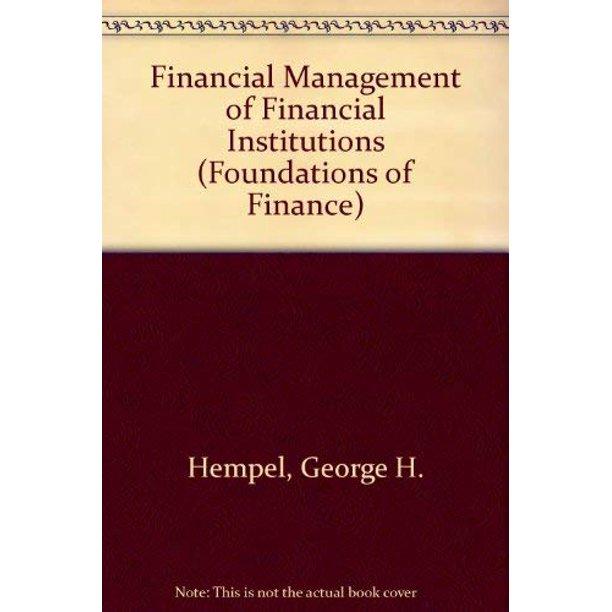Question
Rate of Return for Stocks and Bonds Assignment Content Top of Form Resources Rate of Return for Stocks and Bonds Grading Guide Corporate Finance Purpose
Rate of Return for Stocks and Bonds
Assignment Content
Top of Form
Resources
- Rate of Return for Stocks and Bonds Grading Guide
- Corporate Finance
Purpose of Assignment
The purpose of this assignment is to allow the student an opportunity to calculate the rate of return of equity and debt instruments. It allows the student to understand the effects of dividends; capital gains; inflation rates; and how the nominal rate of return affects valuation and pricing. The assignment also allows the student to apply concepts related to CAPM, WACC, and Flotation Costs to understand the influence of debt and equity on the company's capital structure.
Assignment Steps
Calculate the following problems and provide an overall summary of how companies make financial decisions in no more than 700 words, based on your answers:
- Stock Valuation: A stock has an initial price of $100 per share, paid a dividend of $2.00 per share during the year, and had an ending share price of $125. Compute the percentage total return, capital gains yield, and dividend yield.
- Total Return: You bought a share of 4% preferred stock for $100 last year. The market price for your stock is now $120. What was your total return for last year?
- CAPM: A stock has a beta of 1.20, the expected market rate of return is 12%, and a risk-free rate of 5 percent. What is the expected rate of return of the stock?
- WACC: The Corporation has a targeted capital structure of 80% common stock and 20% debt. The cost of equity is 12% and the cost of debt is 7%. The tax rate is 30%. What is the company's weighted average cost of capital (WACC)?
- Flotation Costs: Medina Corp. has a debt-equity ratio of .75. The company is considering a new plant that will cost $125 million to build. When the company issues new equity, it incurs a flotation cost of 10%. The flotation cost on new debt is 4%. What is the initial cost of the plant if the company raises all equity externally?
Submit your summary and all calculations.
Step by Step Solution
There are 3 Steps involved in it
Step: 1

Get Instant Access to Expert-Tailored Solutions
See step-by-step solutions with expert insights and AI powered tools for academic success
Step: 2

Step: 3

Ace Your Homework with AI
Get the answers you need in no time with our AI-driven, step-by-step assistance
Get Started


